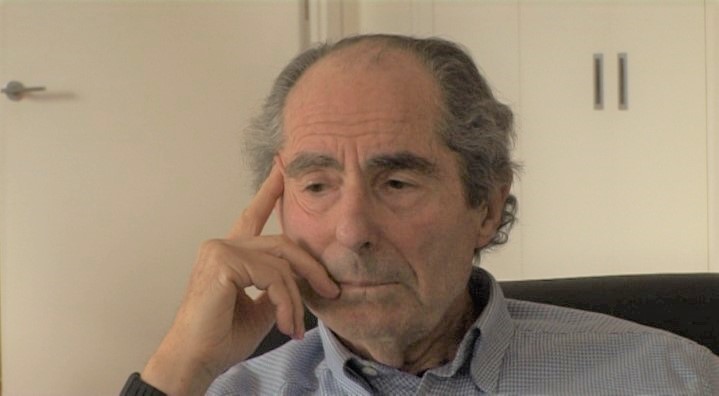NEXT STORY

From Aunt Ethel's death to cousin Alvin's creation
RELATED STORIES

NEXT STORY

From Aunt Ethel's death to cousin Alvin's creation
RELATED STORIES


|
Views | Duration | |
|---|---|---|---|
| 101. Researching Miss America | 406 | 04:31 | |
| 102. Research and invention: The Plot Against America | 370 | 05:36 | |
| 103. Fact blending with fiction in The Plot Against America | 295 | 01:26 | |
| 104. Aunt Ethel | 361 | 03:23 | |
| 105. From Aunt Ethel's death to cousin Alvin's creation | 315 | 02:10 | |
| 106. My neighbor the amputee | 371 | 01:33 | |
| 107. What it is to be a Jew | 421 | 02:48 | |
| 108. Jewish 8th Graders protest against color discrimination | 1 | 244 | 02:27 |
| 109. The 8th grade protest: democracy in action | 211 | 00:59 | |
| 110. How did we get sensitized to the Hazel Scott issue? | 235 | 00:51 |


Well, in about 1945, when I was 12, my mother had an older sister named Ethel. My mother and she were just as close as they could be. They were only two years apart and so on, and lo and behold, in 1945 when Ethel was probably about 45 herself, 44, she came down with cancer of the mouth, the tongue, awful stuff. And because of her house, her family situation, there was no one to look after her after she came out of the operation... out of the hospital after the operation, and so my mother and father came to me – my brother was in the Navy – and said, 'We want to have Aunt Ethel come here while she's recuperating and we want you to know about it'. And you... you can have your choice. You can sleep… I can sleep in the bedroom with my father – and my mother can sleep with my aunt – or I could sleep in my bedroom with Ethel, who I was very fond of. And, because I wanted to be manly at 12 and to be up to everything and not to be frightened of things, I said I'll sleep in my... my bedroom.
So she came to stay with us, and it was... it's an experience that's deeply imbedded in my memory. I can virtually remember the days, what happened, you know; the evenings, what happened. And... she was very weak, and she was doomed, and she was in bed during the day when I was in school. And I'd come home from school, my father would come home from work, and whenever he came home from work, my father would get her out of bed and say, 'Come on Ethel, you've got to take your constitutional'. And he'd walk her around the living room, and she would hold on to each piece of furniture she went by. Which was quite an education for a kid. I... I don't remember her crying. I don't remember her being in pain. I remember her tremendous weakness and what she looked like – she looked like... she looked like... like she was dead. And then she got so sick that she couldn't stay with us anymore. And she left, and she went to a nursing home and within a month or so – my mother would go every day to the nursing home – within a month or so she was... she was dead. That was it. That was 1946, and it was a strong experience. I'm glad I had it. I'm glad I had it.
The fame of the American writer Philip Roth (1933-2018) rested on the frank explorations of Jewish-American life he portrayed in his novels. There is a strong autobiographical element in much of what he wrote, alongside social commentary and political satire. Despite often polarising critics with his frequently explicit accounts of his male protagonists' sexual doings, Roth received a great many prestigious literary awards which include a Pulitzer Prize for fiction in 1997, and the 4th Man Booker International Prize in 2011.
Title: Aunt Ethel
Listeners: Christopher Sykes
Christopher Sykes is an independent documentary producer who has made a number of films about science and scientists for BBC TV, Channel Four, and PBS.
Tags: mouth cancer, aunt, sickness, infirmity, family, death
Duration: 3 minutes, 23 seconds
Date story recorded: March 2011
Date story went live: 18 March 2013